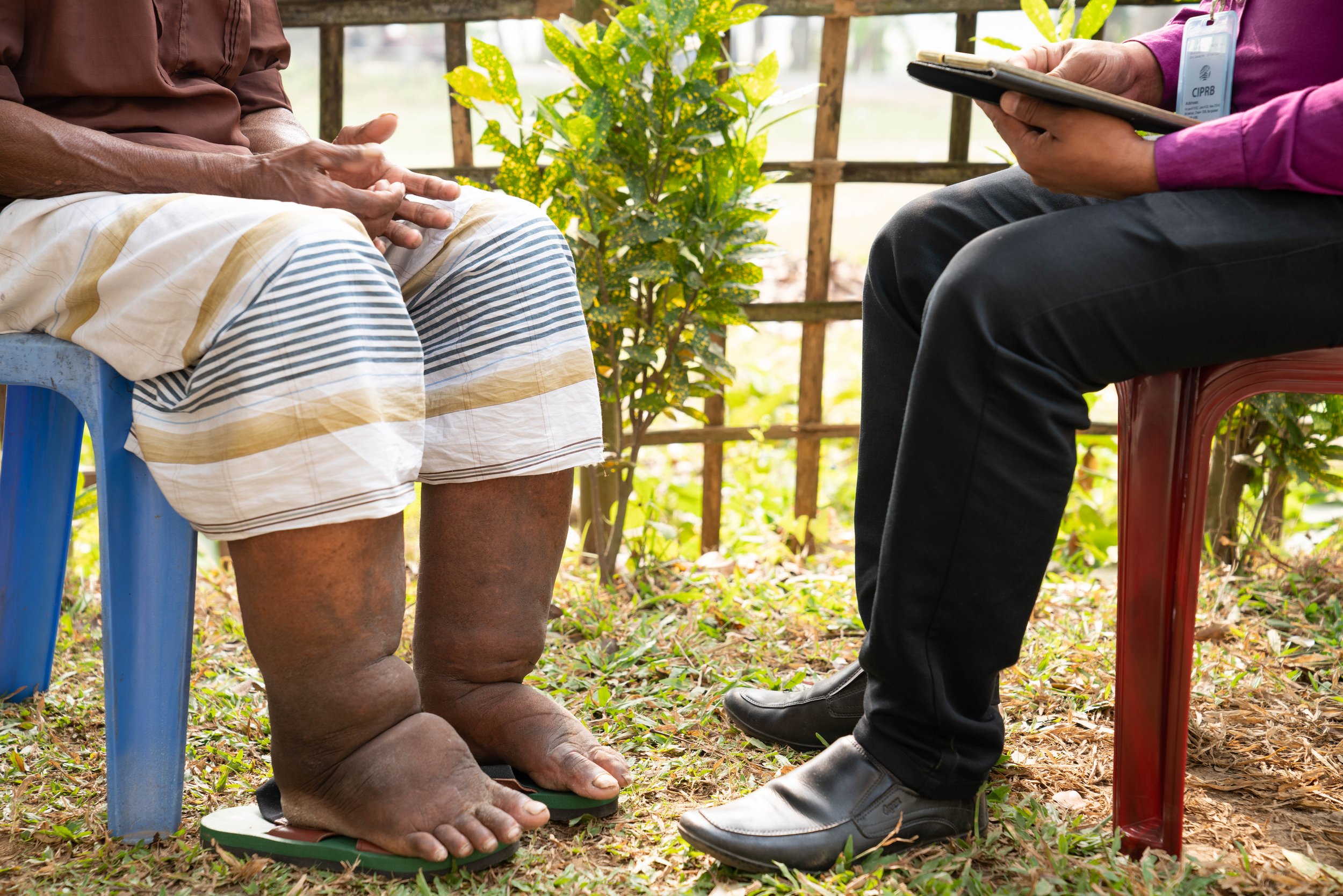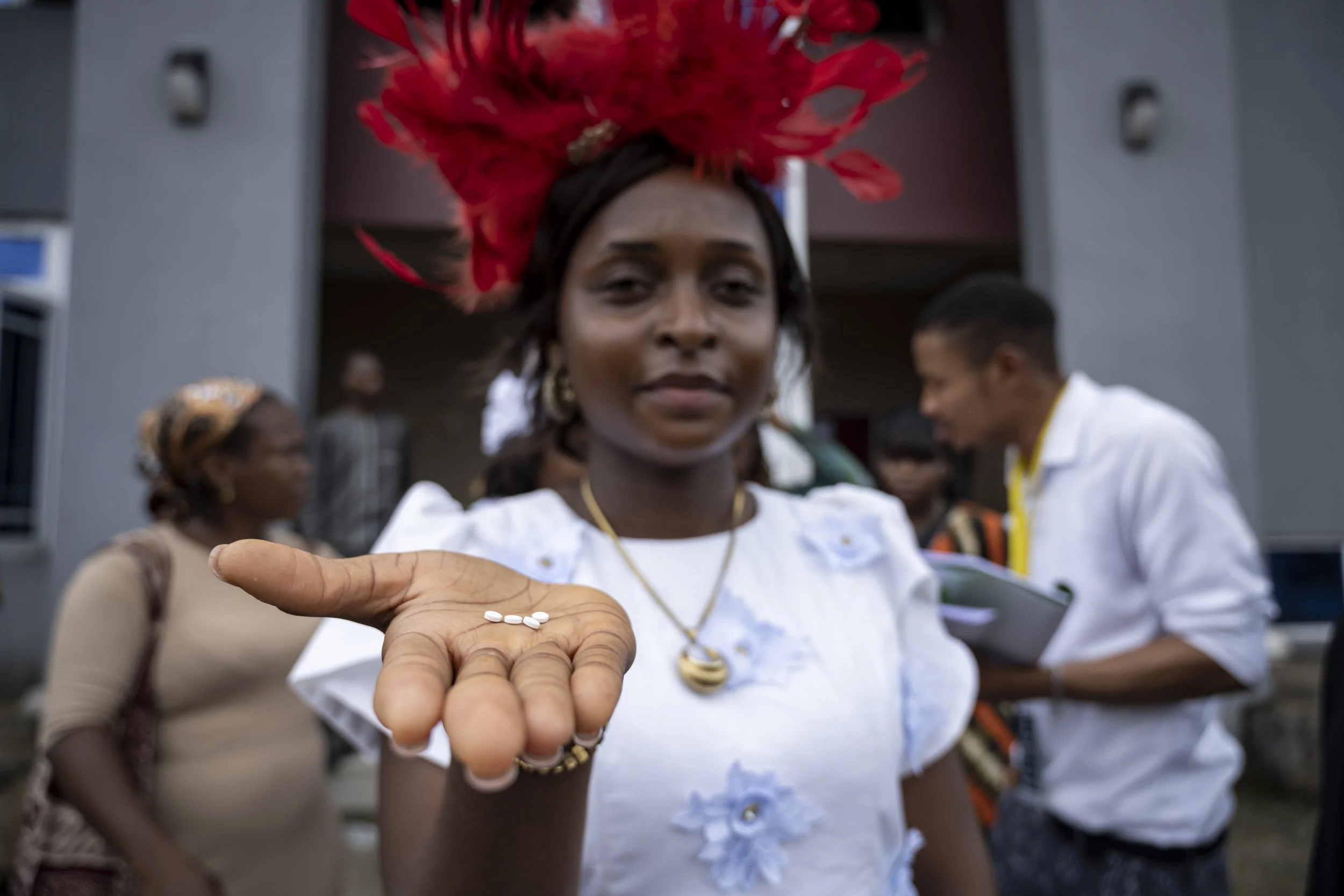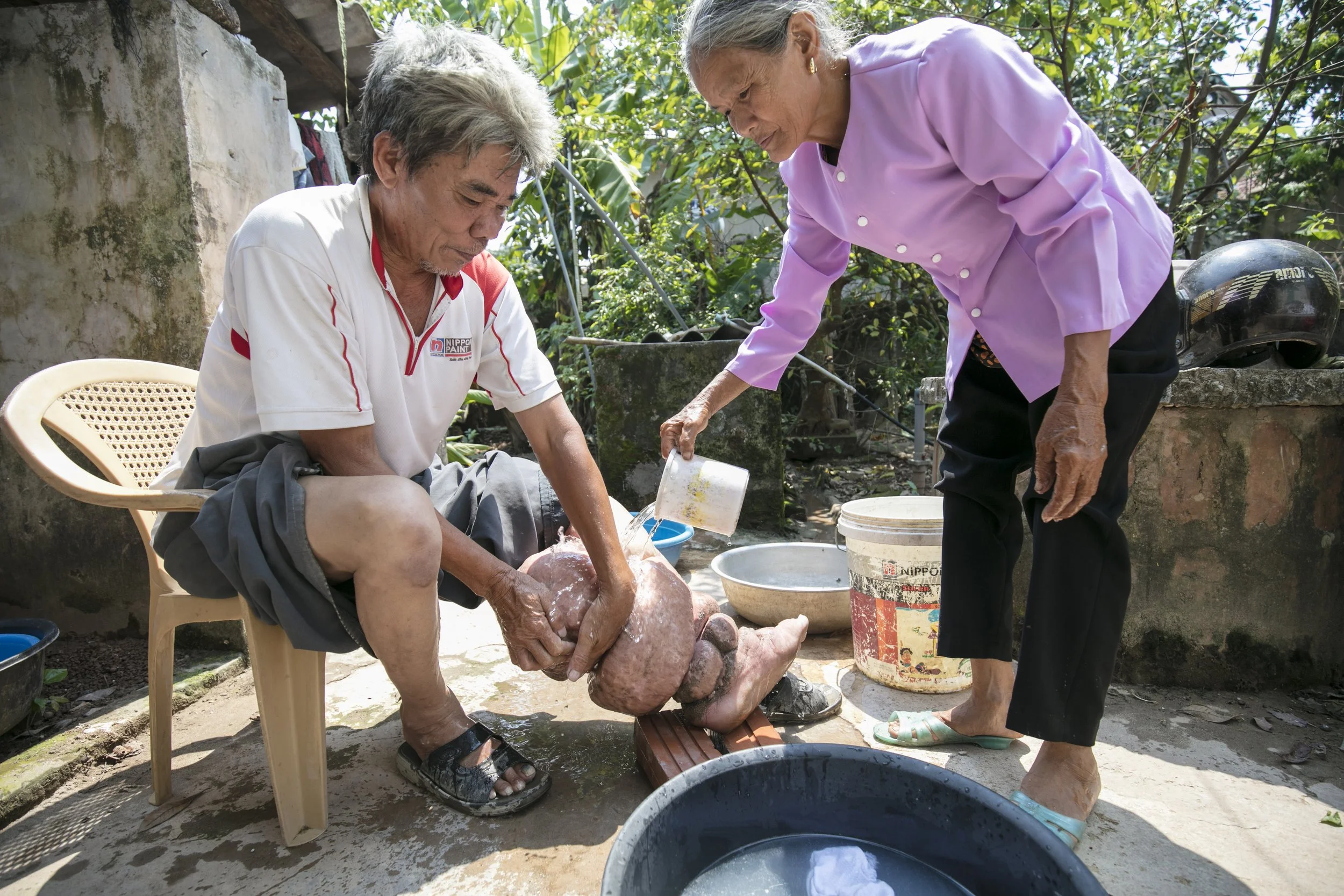Promoting American Leadership in the Global Effort to Defeat Neglected Tropical Diseases
What Are Neglected Tropical Diseases?
Neglected Tropical Diseases (NTDs) are a group of parasitic, bacterial, viral, and vector-borne illnesses that affect 1.6 billion people worldwide. When they do not kill, these diseases disable, disfigure, and stigmatize those afflicted, trapping families and communities in cycles of poverty and despair. They are found mostly in the world’s poorest communities, but they are also a growing threat and reality here in the United States.
Photo credit: RTI International/Abir Abdullah
The United States Government effort to defeat neglected tropical diseases (NTDs) is one of the most extraordinary, cost-effective investments ever made in health, development, and U.S. soft power.
For two decades, U.S. leadership in combating these 21 conditions that disproportionately affect the world's poorest communities has achieved remarkable global progress. More than 54 countries have eliminated at least one NTD, with 600 million people no longer requiring preventive treatment. These efforts have also served as a powerful example of effective public-private collaboration, with only $115 million annually in government funding leveraging over $1.1 billion in donated drugs from pharmaceutical companies.
Photo Credit: RTI International/Etinosa Yvonne
U.S. Government contributions to efforts against NTDs are extraordinary, cost-effective success stories in health, development and U.S. soft power.
For the last two decades, U.S.-funded NTD programs—at its height $115 million annually or 0.0017% of total U.S. government spending—have leveraged the largest private medical donation program in the world to give hundreds of millions of people a chance at a better, more productive life.
In partnership with business and faith-based communities, more than 54 countries have eliminated at least one NTD in the last 10 years, with 14 more eliminations expected in the next five years.
Photo Credit: RTI International/Nguyen Minh Duc



